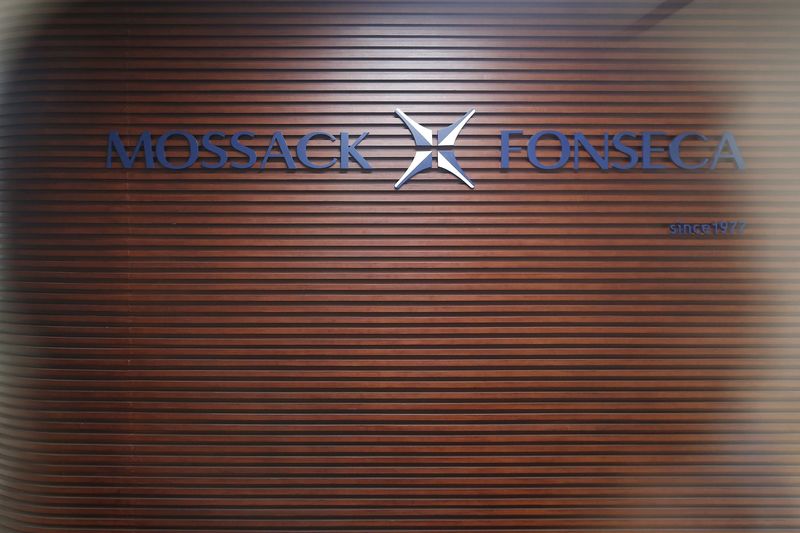By Charlotte Greenfield
WELLINGTON (Reuters) - New Zealand's government on Monday said it would begin a review of its foreign trust laws after leaked documents from a Panamanian law firm highlighted vulnerabilities in its legal framework that made it a possible link in international tax avoidance structures.
"Ministers decided that in light of the 'Panama Papers' being released last week, it's worth looking at whether the disclosure rules are fit for purpose and whether there are practical improvements we can make," said Finance Minister Bill English in a statement.
The Panama Papers showed how offshore companies often tout New Zealand trusts as a secretive way to create a non-taxed vehicle in the South Pacific nation.
English said the review would focus on disclosure rules for foreign trusts, including the way information was recorded and exchanges of information with other tax jurisdictions.
The Panama Papers, shared by the International Consortium of Investigative Journalists with a number of other media outlets, showed that Mexican businessman Juan Armando Hinojosa and Malta's energy minister Konrad Mizzi had been using New Zealand-based foreign trusts, though there was no evidence that either had done anything illegal. [L2N1790O6]
New Zealand has long been identified by lawyers and legal experts as offering a trust regime popular with the offshore trust business because its foreign trusts are not subject to tax. The country's tax department recommended in 2014 that there be a review of taxation of foreign trusts.
Former PricewaterhouseCoopers chair John Shewan had been asked to conduct the review and would have to report back to the government by June 30.
In the initial wake of the Panama Papers release the government initially denied New Zealand might have problems with its trust regimes.

"It is ridiculous to suggest that New Zealand is a tax haven, as tax havens thrive on secrecy," said Tax Minister Michael Woodhouse in a statement on April 4.